Photo by: Simon Naylor
The fight against international wildlife crime received a boost recently with the announcement of new funding for the International Consortium’s Vision 2030, a long-term goal of working towards a world free of wildlife crime.
The UK government is pledging £4m of new funding for the International Consortium on Combatting Wildlife Crime (ICCWC).The announcement was made at the Convention on International Trade in Endangered Species (CITES) in Panama, where the UK is pushing to secure stronger protections for some of the world’s most endangered species such as pangolins and requiem sharks. Ongoing pressures including legal and illegal international trade continue to threaten their survival.The new funding, which equates to nearly $4 million USD, will go towards the next phase of ICCWC programming and will help fight wildlife crime by increasing the detection, disruption, and detention of criminals. Transnational criminal networks profit from illegal trade causing serious security implications for many countries and regions.
“The UK is showing global leadership on conservation and proposing stronger protections for a range of rare species at this summit such as pangolins and sharks,” Environment Secretary Thérèse Coffey said in a statement, further noting that the funding will also help tackle criminals and stop the vile wildlife trade. “We will also be driving global efforts to secure post-2020 global biodiversity framework at the UN Convention on Biological Diversityin Montreal next month.”
The UK is advocating for:
-
Better protection of 54 species of sharks to help shield them from overexploitation in the fin trade.
-
Strengthening commitments to protect pangolins, the most trafficked mammal in the world, through cooperation and demand reduction measures.
-
Upholding the ban on international commercial trade in ivory and rhino horn, managing ivory stockpiles, and ending trade in live African elephants to non-range states.
-
Enhancing CITES’ participation in relation to reducing the risk of zoonotic disease emergence, tackling the illegal trade in CITES’ species, and increasing involvement of indigenous people and local communities.


